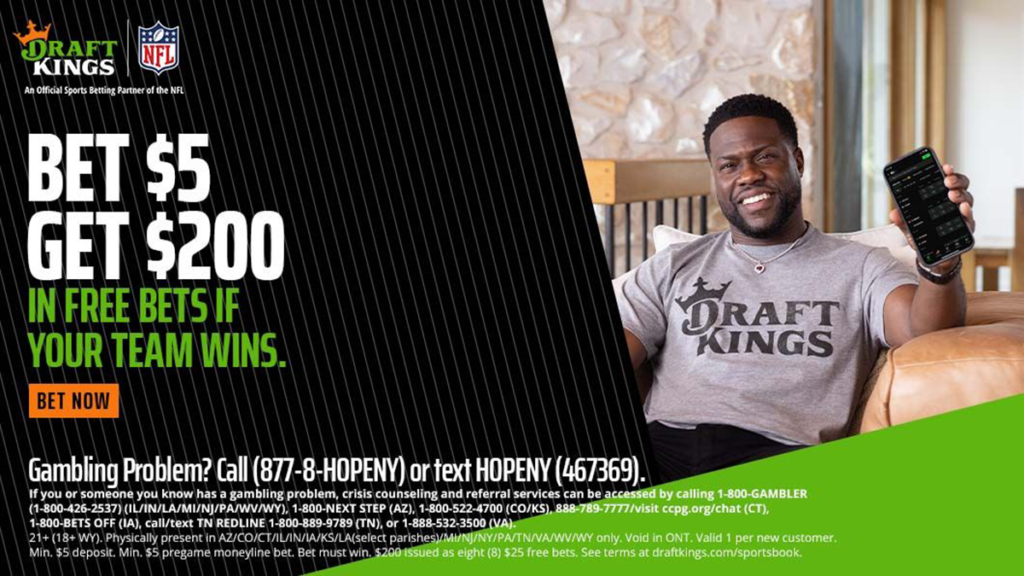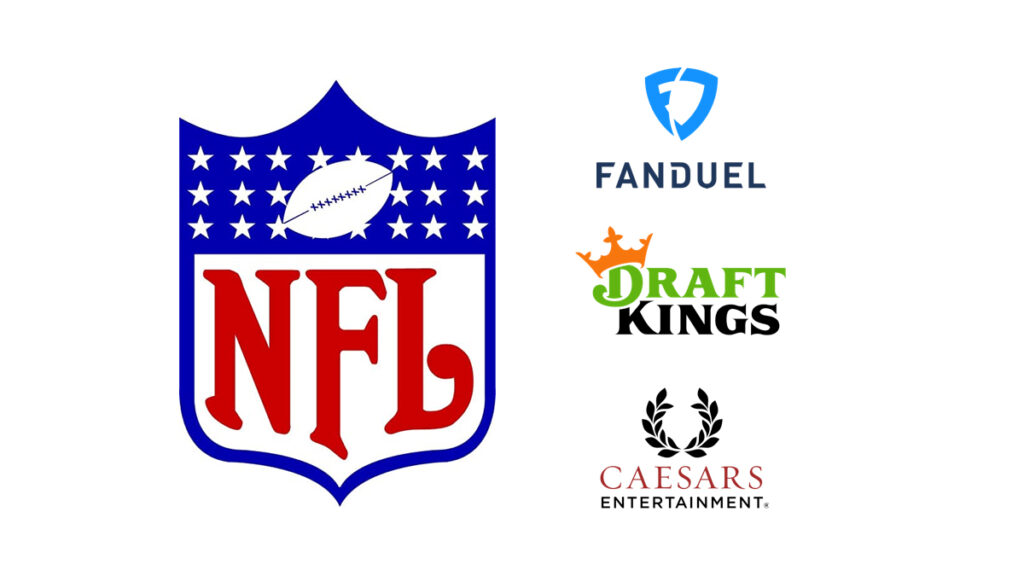Digital innovation in sports has been a common topic over the past few weeks and it is fascinating to see the different ways that technology has entered the world of sports. Computers have us questioning the role of referees and statistics have completely changed how athletes train, but what about using technology to predict the outcome of sports? This has been going on for years, but now that artificial intelligence has become a common topic of discussion since the launch of ChatGPT this past November, people are starting to explore the endless uses of artificial intelligence. While scrolling through Twitter recently, I saw that someone had successfully used AI to predict the outcome of NFL playoff games. After inputting data from the two teams into ChatGPT’s Davinci model, the user was able to use the model to generate predictions (Benzinga). The Kansas City Chiefs and the Philadelphia Eagles were teams that ChatGPT picked to win, and the model had picked the winners of three NFL playoff games the week prior. Now I know we are all thinking the same thing: who will win the Super Bowl? Unfortunately, it is not as simple as I hoped, and ChatGPT’s Davinci model is “the most capable model” that is offered. It is not free and costs $0.0200 per 1K tokens. For reference, one token is equivalent to 4 characters or about 0.75 words (OpenAI). The point here is that it is not free to use ChatGPT’s most powerful model, and it requires the inputting of data to make a realistic prediction.

Using artificial intelligence to predict the outcome of sporting events feels somewhat odd and off-putting to me, and it has a sci-fi feel to it that reminds me of Back to the Future Part II when Biff uses the sports almanac along with the time machine to become an extremely wealthy sports bettor. That is beyond the main focus of this blog post, but it does lead me to the next topic that I would like to cover. Many documented side effects of digital innovation are worrisome and unpleasant to learn about, and gambling addiction is high on the list. The warning message on the DraftKings’ advertisement that reads “Gambling Problem? Call (877-8-HOPENY)” is a clue as to what potential dangers lurk in the world of gambling, and it is reminiscent of the Surgeon General’s warnings that are on cigarette boxes. Will there soon be regulation that bans companies from showing advertisements about sports betting? Many people are struggling with gambling addictions and the National Problem Gambling Helpline Network has seen a 45% increase in the number of calls, texts, and chats from 2021 to 2022. The constant showing of gambling advertisements is surely adding fuel to this fire (NPR).

Whether you support sports gambling or not, the industry’s marketing campaigns have been quite excessive and very noticeable. Nothing can beat as Burger King’s “Whopper” commercial, but DraftKings, MGM, and FanDuel advertisements have dominated commercial breaks. These companies have seemingly ridiculous promotional offerings and the Kevin Hart DraftKings ad above claims that a five-dollar bet can turn into a quick two hundred dollars if your team wins (DraftKings). This seems far too good to be true, and the high volume of these types of advertisements demonstrates the profitability of running an online sports book. I am not a bettor myself, but this is an important ethical discussion. It does not make sense to me how these advertisements can be repetitively shown to the general public when there are serious risks associated with easily accessible gambling platforms such as DraftKings and FanDuel. The idea for this blog post originally came from the potential use of artificial intelligence to correctly predict the outcomes of sporting events, but the accessible nature of online gambling via smartphone apps seems too controversial for me to ignore.

Ultimately, this is a lucrative industry that is not struggling. These sportsbooks have brought in $13.7 billion of revenue since the Supreme Court overturned a law in 2018 that limited sports betting, and this impressive revenue is largely why the NFL made a record $1.8 billion in sponsorship revenue in 2021 (Fortune). The sportsbooks and sports leagues have been winning, but this money comes from somewhere. The consumer must be protected from this predatory industry, and the combination of more information and reachable gambling hotlines undoubtedly helps. Many industries that are profiting from some variation of digital innovation (crypto) are going to be affected by government regulation in the future, and accountability for these companies is necessary if users are going to be protected.
Sources